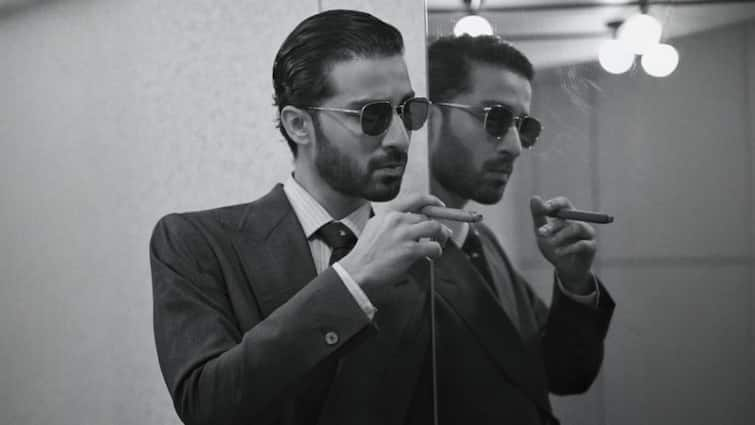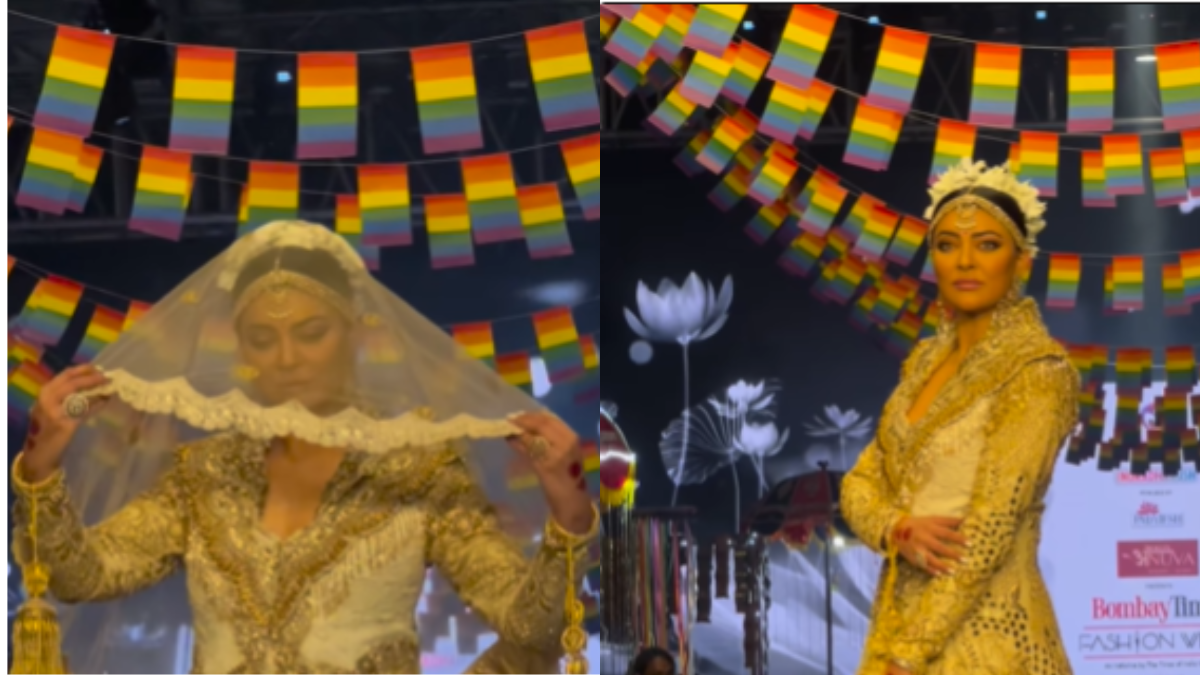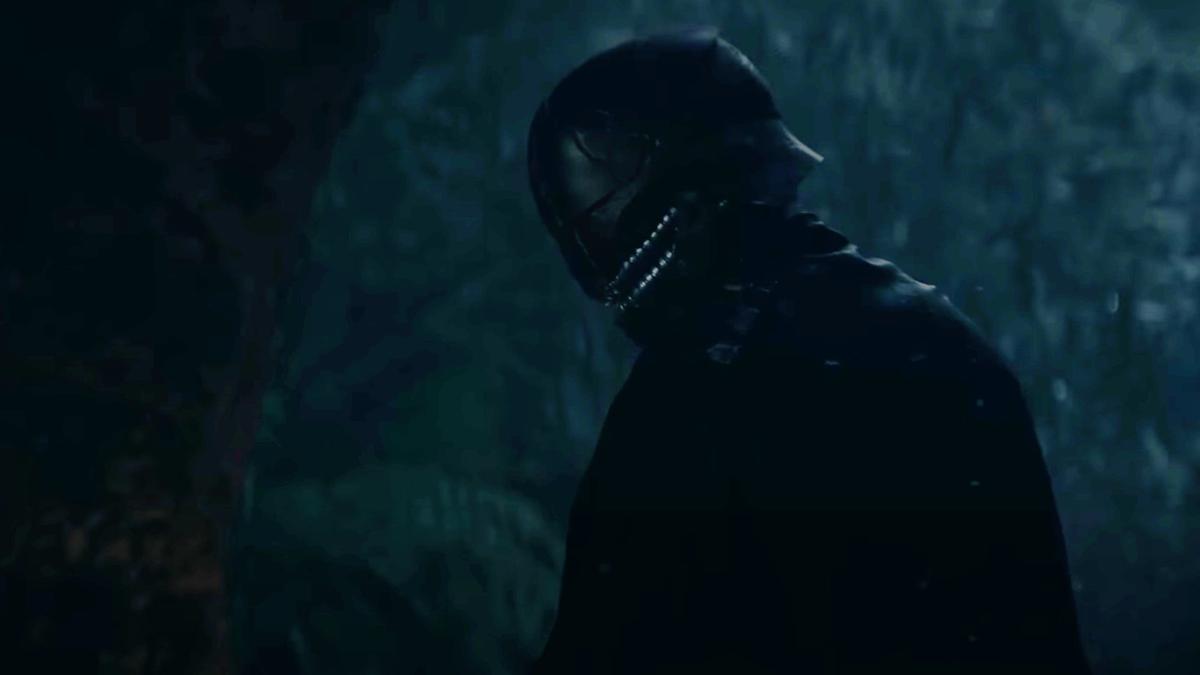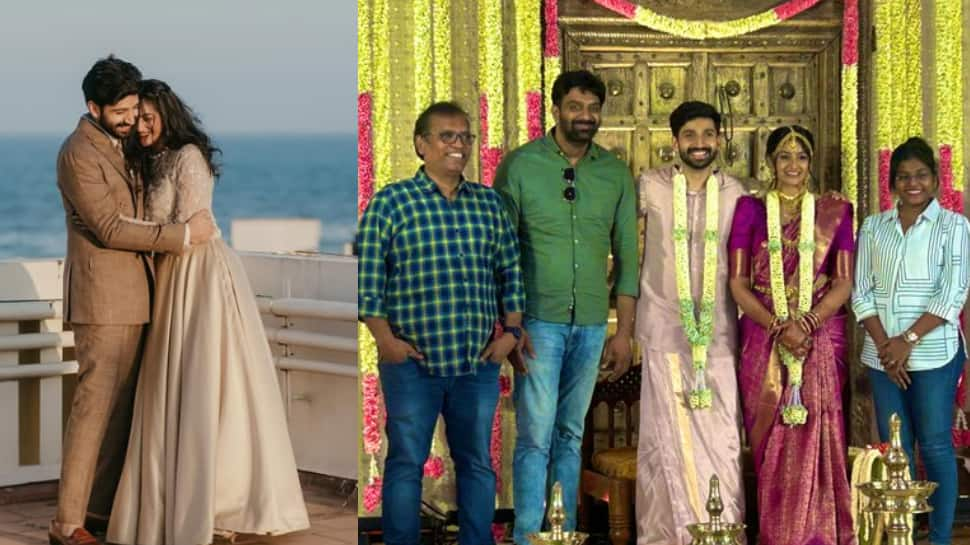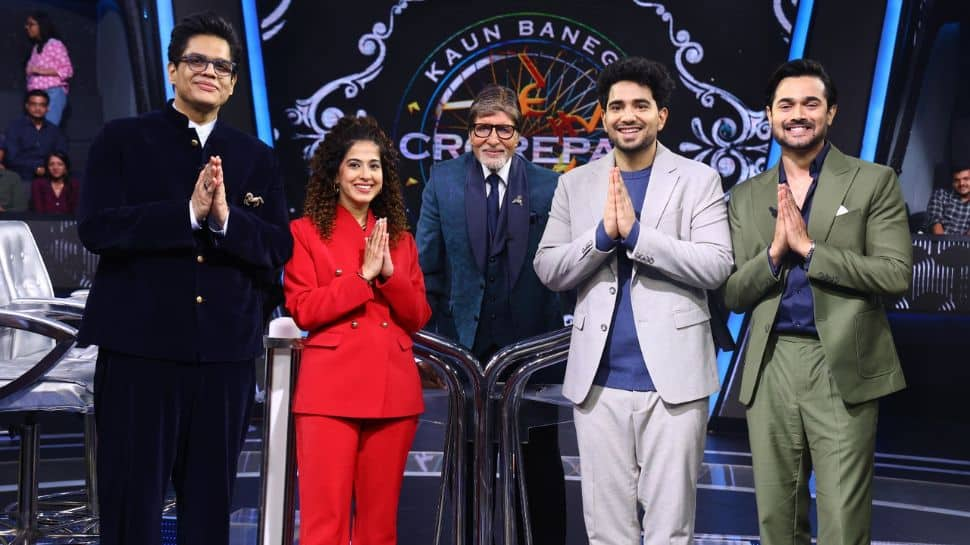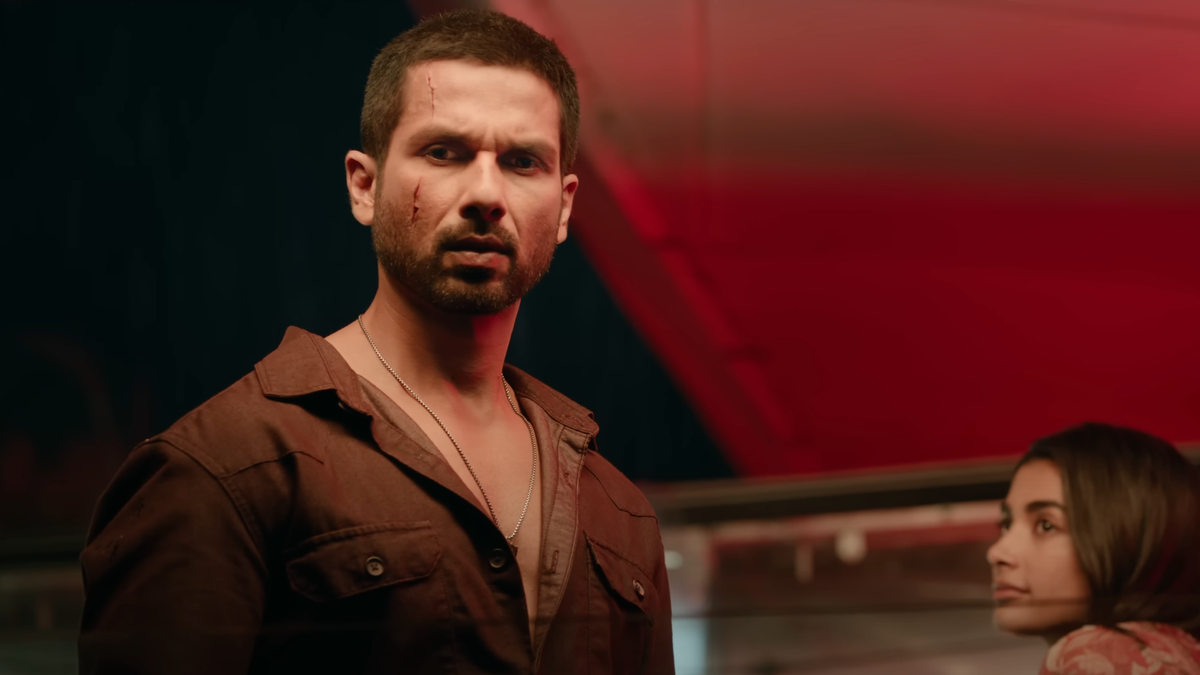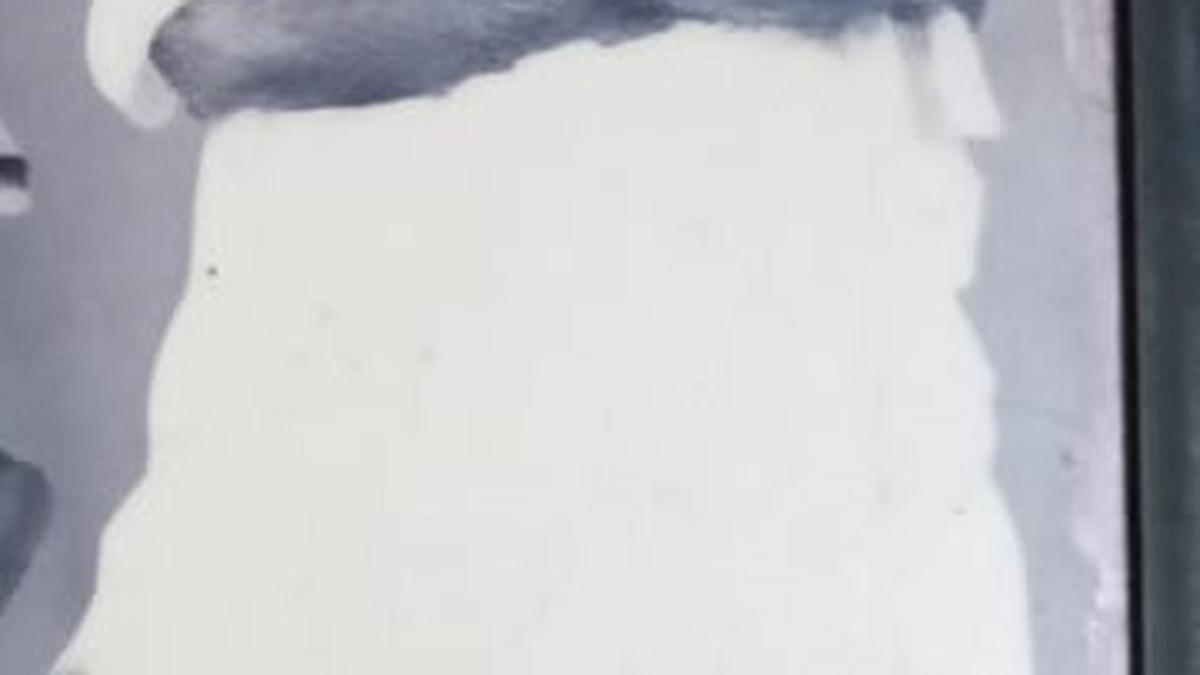
Appadurai Achari, father of music scholar TA Sambandamurthy Achari (1913–1977), was an expert in Tiruppugazh, and sang at Naina Pillai’s annual Thiruppugazh festival. “My father acquired a lot of knowledge by listening to my grandfather and through research,” says Sambandhmurthy’s son Sahasranam.
Whenever TN Rajaratnam Pillai (TNR) visited Madras, he met Sambandamurthy to discuss Apoorva Ragas. When Sambandamurthy gave a concert at TNR’s house, TNR asked him to perform on some rare ragas. He once requested Sambandamurthy to write a song in Kharaharpriya with the entire aarohana, but used only sa pa ma in the aarohana. Sambandhamurthy tuned Tiruppugazh ‘Semakomala’, as per TNR’s specifications. TNR and later Kuzhikkarai Pichaiyappa Pillai included it in many concerts. At Trichy All India Radio, TNR and his brother-in-law Thiruvengadu Subramania Pillai played Tiruppugazh ‘Amudamoru’, which was tuned to Sindhubhairavi by Sambandhamurthy.
TN Rajarathinam Pillai
Sambandamurthy also composed a varnam in praise of TNR. Sambandamurthy argued that there were only 32 melakartha ragas, and Vividi melas should be excluded. He said that scholars should keep in mind the underlying rhythm of Tiruppugazh.
Sambandhamurthy told that ‘Kaithala Nirai Kani’ was in Misram. But the scholars sang it in Aadi Taalam, which was contrary to the rhyme scheme. He pointed out that Tiruppugazh had several verses in which five castes of rhythm could be identified. For example, ‘Thimira Udati’ – Tisram; Kadalai Poriyavarai – Chatusram; Niramaya Puraka – Khandha and Sinathavar Mudikkum – Sanarcham. Dikapattammal learned Tiruppugazh from Sambandamurthy and his father.
TNR suggests that if anyone has any questions about Shruti bheda, they should consult Sambandhamurthi, who has done extensive research on the subject.
In 1927, when Sambandamurthy visited Thoothukudi, he tuned some Thevaram verses. He set Thirugnanasambandar’s ‘Mandirmavadu Neeru’ in raga Abheri. It became very popular in the Thoothukudi Shiva temple, and was sung by Thevaram singers in Pazhani, Madurai, Tiruvarur, Tiruchendur and other temples.
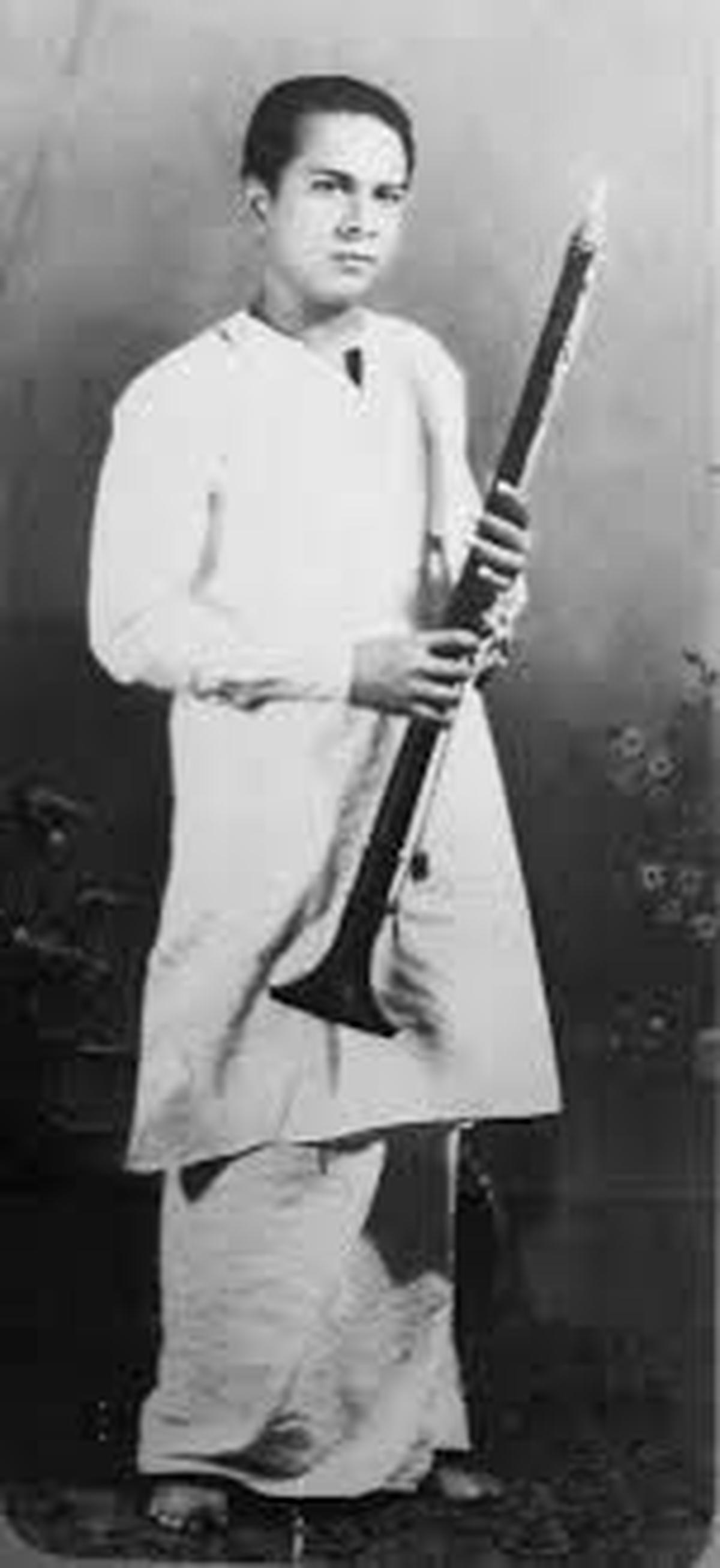
Karukuruchi Arunachalam. , Photo Courtesy: The Hindu Archives
In 1947, Nagaswara Vidwan Karukurichi Arunachalam learned mettu from Sambandhamurthy and started playing it in his concerts. This poem was included in Sambandamurthy’s book Christian heirloomPublished in 1956. Naturally, Sambandhamurthy was disappointed when this tune was used for the song ‘Singaravellane’ (film). konjum salangaI, 1962), without acknowledging him. He considered going to court. But his friends convinced him to keep the matter quiet. He wrote that since Karukurichi Arunachalam, Ponnuthayi, Kripanandavariyar, Madurai Mariappa Swamigal, TK Shanmugam and many others had accepted it as his tune, he did not seek further recognition.
Sambandamurthy composed the 51 verses of Kandar Anubhuti in 51 different ragas. He composed varnams and more than 100 songs.
Music director TR Pappa appreciated his Revathi varnam and his Subhapanthuvarali song ‘Natanamadidum Nayak’ which had solukattas instead of chittasvara.
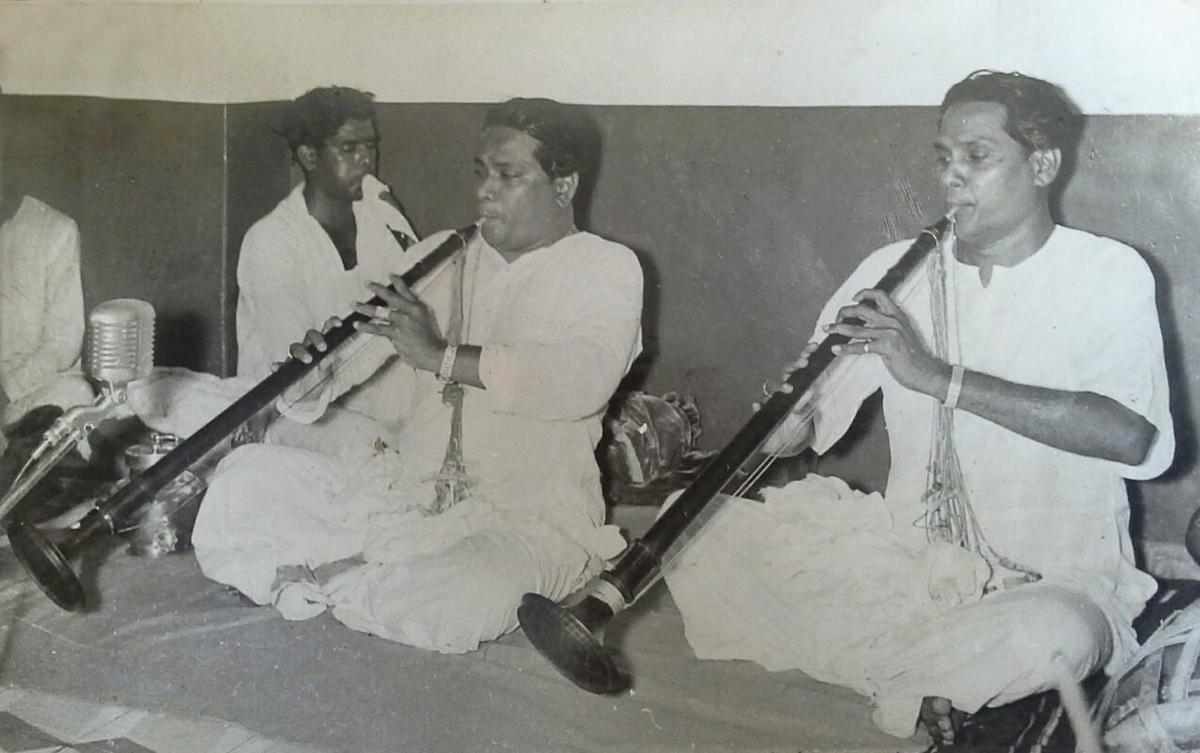
Karukurichi P Arunachalam (left) with KM Arunachalam. , Photo Credit: Photo: Special Arrangements
Sambandamurthy wrote a song for the film Paithiyakkaran (1947) He was the music teacher of many people in the film industry, such as actors SV Sahasranamam, NS Krishnan and Chandrakant and editor/director B. Lenin. Music directors PS Diwakar and TK Ramamurthy consulted him on Apoorva ragas. TKS Kalaivanan, son of actor TK Shanmugam, who did Gurukulvasam under Sambandhamurthy, says, “My teacher never started teaching with Sarali. Instead, he taught us songs and with his guidance, we soon learned the vocal knowledge. They gave me grades for my singing and I had to get my father’s signature on report cards. He refused to teach songs in any language except Tamil. Sambandamurthy’s love for Tamil earned him the title of ‘Asaikona Isai Tamizh Arignar’ (the steadfast scholar of Tamizh music) from poet Bharathidasan.
,Isai Vaaridhi, Thiruppugazh, Taal Eeri, Raga Marabu, Eliyamurai Isaipayirchi Nool, Shruti Bheda Isai Nool, Apoorva Ragamalika, Karta Ragangal, Enadhu Kalathu Isai UlagamInisai pojhil, Thevaram, Bharatnaty Iyal These are some of the books that grandfather wrote,” says Bilahari, Sambandamurthy’s grandson.
Granddaughter Sriranjani says, “When I studied BA Music, the prescribed text book said that for musical aspects of Thevaram and other Tamil works, students should refer to grandfather’s books.”
Sadly, Sambandamurthy did not receive any awards. He said that the award is not given to scholars but to those who are in the public eye. TNR observed that it was Tamil Nadu’s misfortune that it failed to utilize the wisdom of Sambandhamurthy.
Maharajapuram Vishwanath Iyer described Sambandamurthy as a “musical genius”. Kripanandwariyar built a house for him in Chennai.
When Sambandamurthy was on his death bed, he narrated a song in Rishabhpriya raga to his son Takkesi. The song begins with the words ‘Udvuvarillai’ (There is no one to help). It records the plight of a musician who spent his entire life exploring many aspects of music but did not get due recognition. This was Sambandamurthy’s swan song.
